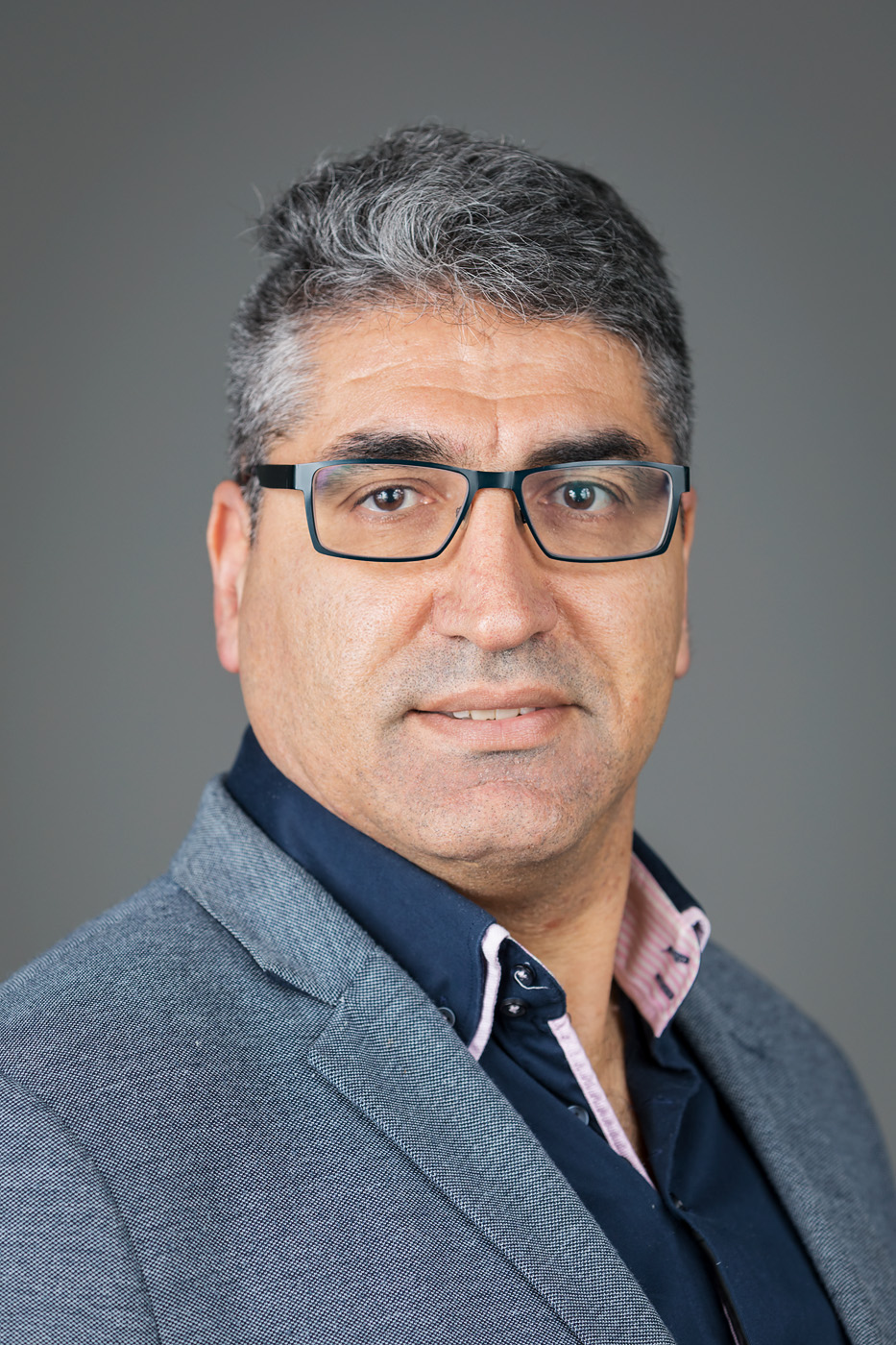 Behrooz Alizadeh Behrooz Alizadeh
© ECCO |
Inflammatory Bowel Disease (IBD) is a chronic relapsing and remitting disease of the gut. IBD has a lifelong adverse impact on quality of life and imposes a significant burden on health care [1, 2]. The pathogenesis and course of IBD involve pathogenomic crosstalk among several complex internal components [3, 4], namely the genome [5], epigenome [3, 4], metabolome [3, 4, 6], immunome and microbiome [6–9]; this crosstalk is generally triggered through a set of external complex interactions among the exposome [10–13], dietome [14, 15], lifestyle, social and behavioural factors [16]. While some of these multi-level interactions trigger the disease, others drive the disease course. Therefore, in each IBD patient the disease arises through a (unique) combination of pathogenenomic (risk) factors or pathway that yield a specific set of disease manifestations and a specific disease course. In this context, an “individualized” therapy is required [17–19].